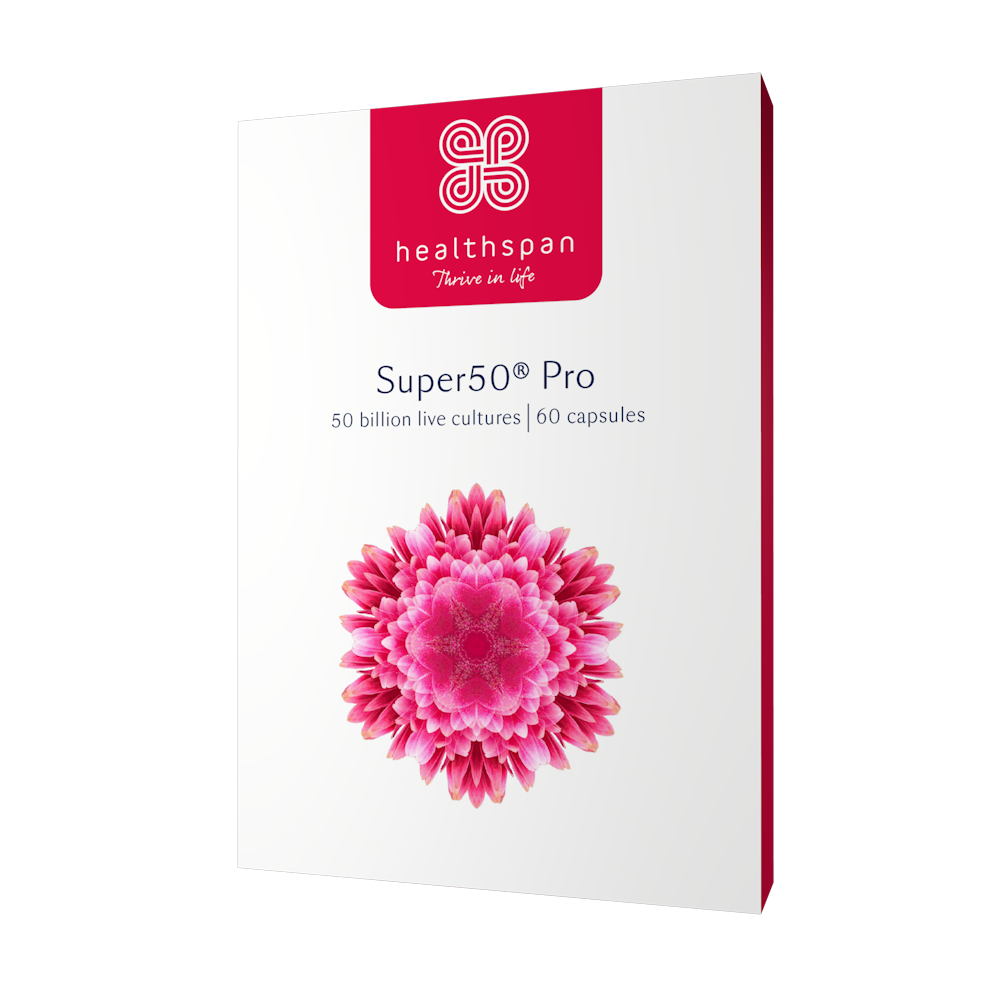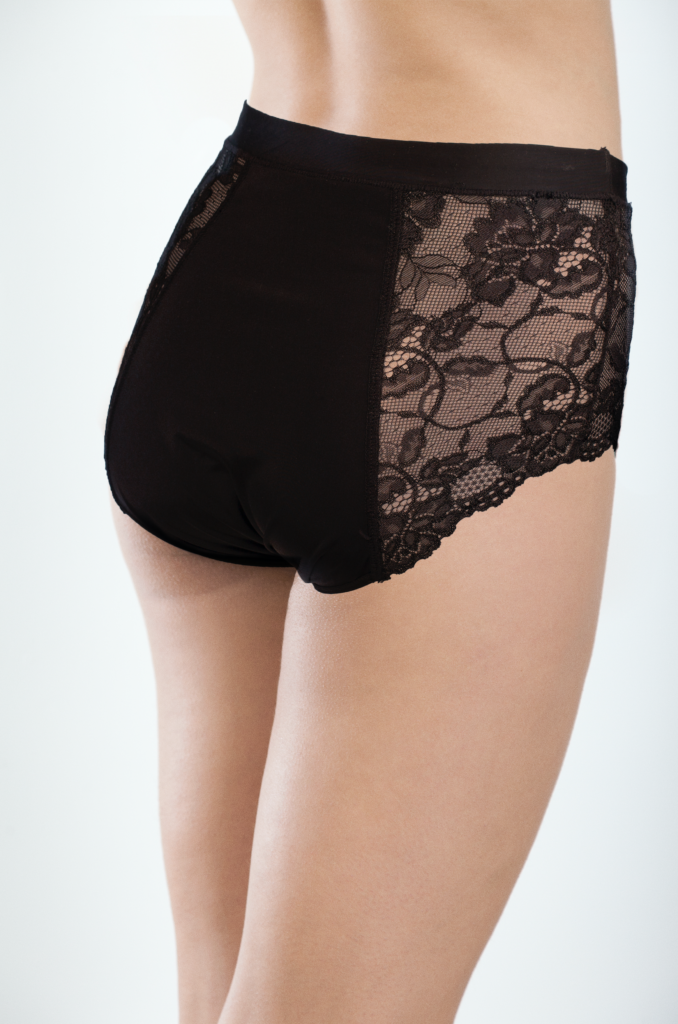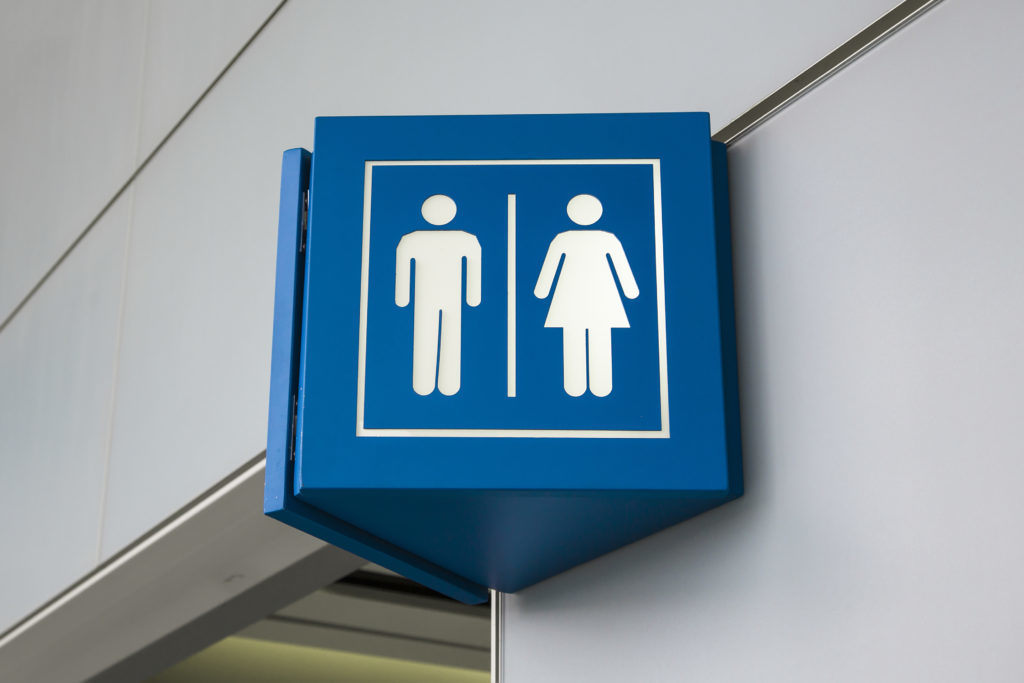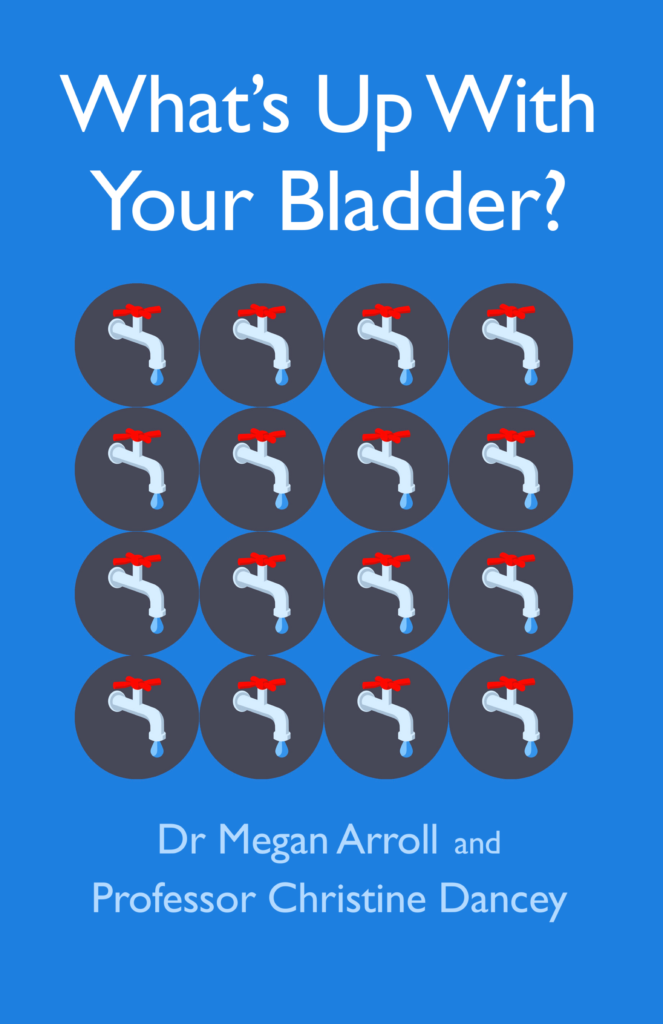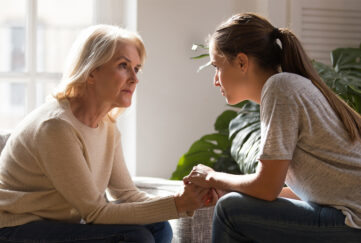Bladder Problems? We Can Help!
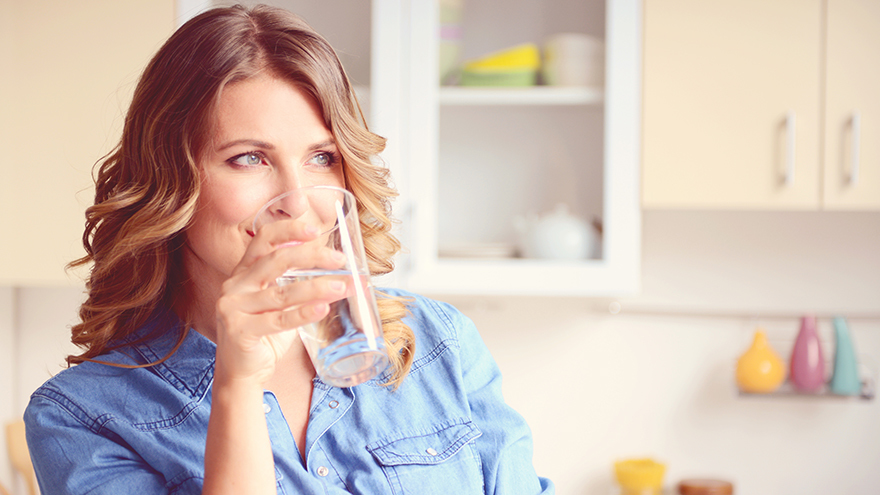
An estimated 14 million people in the UK suffer from bladder problems – and many suffer needlessly in silence.
1 Keep hydrated: For people with bladder conditions, there can be a strong temptation to limit the amount you drink in an effort to avoid leaks and accidents. This, however, is often counterproductive as concentrated urine, which is produced when we don’t drink enough, can irritate the bladder lining.
2 Keep your pelvic floor in shape: the results of research trials looking at how pelvic floor muscles can help tackle incontinence consistently show that these exercises are key to taking back control of our bladders. Because this set of muscles isn’t something we can see, it can be hard to first know if we’re doing the exercises correctly, and secondly to know if they are working. But these simple contractions can mean that people with bladder issues can avoid medications and surgery – both of which come with risks and side effects.
3 Don’t “emergency wee”: many of us go to the toilet “just in case”, especially people with bladder problems. However, there is an elegant mechanism that exists between the brain and bladder to let us know when it’s time to find a WC. By emptying the bladder when it’s not necessary, we can disrupt this process.
4 Support your microbiota: we are now beginning to understand how important the many millions of microorganisms in our guts are for our health. The microbiota has a vital role to play in our immune systems, so taking care of these friendly companions will help not only to keep the bladder working well, but also support overall health. This includes both physical and mental health as the gut communicates with the brain along the brain-gut axis. You can do this by taking both pre- and probiotics as a supplement e.g .try Healthspan SuperPro50 (specificallly formulated for those 50 plus, £29.99 for 60 capsules) and eating foods that have pre- and probiotic properties. For people who suffer from recurrent and chronic urinary tract infections (cystitis) this is an approach worth trying. Other ways to take care of our microbiota include cutting our artificial sweeteners, cutting back on the booze, eating enough fibre and managing stress.
5 Know your triggers: certain foods and drink can trigger bladder irritation so it’s useful to know which ones affect you. As different things affect different people, note down everything you eat and drink in a bladder diary. You’ll also need to write down the amount of times you needed go to the toilet and how urgently this desire was, including any leaks.
6 Know you’re not alone: because bladder conditions are embarrassing and can threaten our sense of dignity, symptoms such as incontinence can be incredibly hard to talk about. But bladder illness is very common indeed and talking about health issues is an essential part of coping with any illness, particularly those that are stigmatised or hidden.
7 Don’t be ashamed to use products: there are lots of products out there that are designed to support and some are better than you think and they don’t all look awful – try http://www.prettycleverpants.com
8. Also knowing where toilets are can help rest the mind and limit panicky feelings – there are numerous toilet locator apps and you can use a Can’t Wait Card to ensure you don’t have to stand in lengthy queues. Radar keys which allow access to over 9000 accessible toilets (and usually clean, if you do need to change clothes) in the UK for people with long-term health conditions and disabilities are also handy.
9. Consider your options carefully: we all want to “just get better”, so it can be tempting to look for a quick fix. In general, and for non life-threatening conditions, it is best to try as many lifestyle, diet and behaviour techniques as you can before considering medications and surgical procedures. Even over-the-counter pain killers come with side effects, for example, constipation, which itself can make bladder problems worse. Aspirin and ibuprofen may also be play havoc with your microbiota, reducing the numbers of good bacteria in the gut. There is always the risk of infection with surgical techniques, amongst other complications such as water retention and pain/soreness.
‘What Up With Your Bladder’ by Dr Megan Arroll and Professor Christine Dancey is a practical, no-nonsense, evidence-based book that looks at the challenges around bladder issues, such as stress incontinence, overactive bladder syndrome, painful bladder syndrome, interstitial cystitis, UTIs and even bladder cancer, which remain taboo subjects here in the UK.
What’s Up With Your Bladder is published by Hammersmith Books in paperback RRP: £14.99 and ebook: £5.99 https://www.hammersmithbooks.co.uk/product/whats-up-with-your-bladder-meg-arroll/

